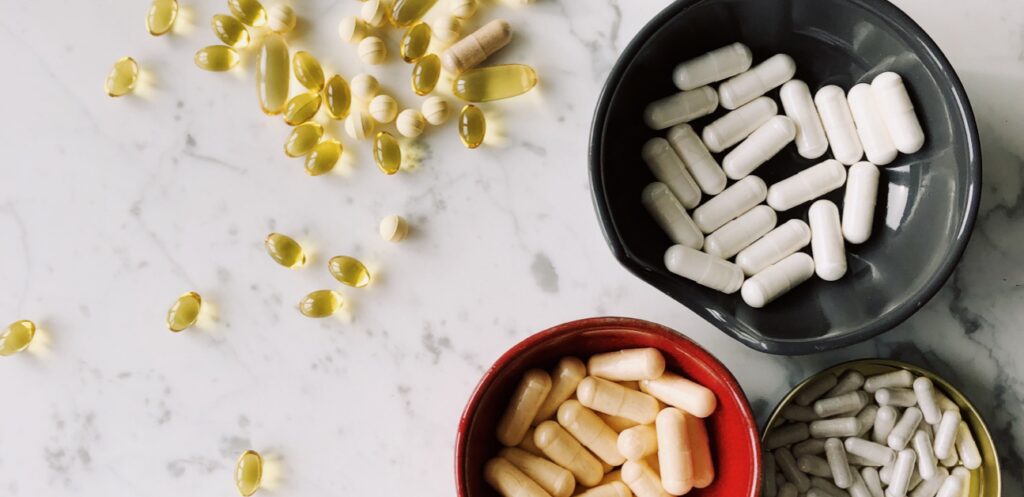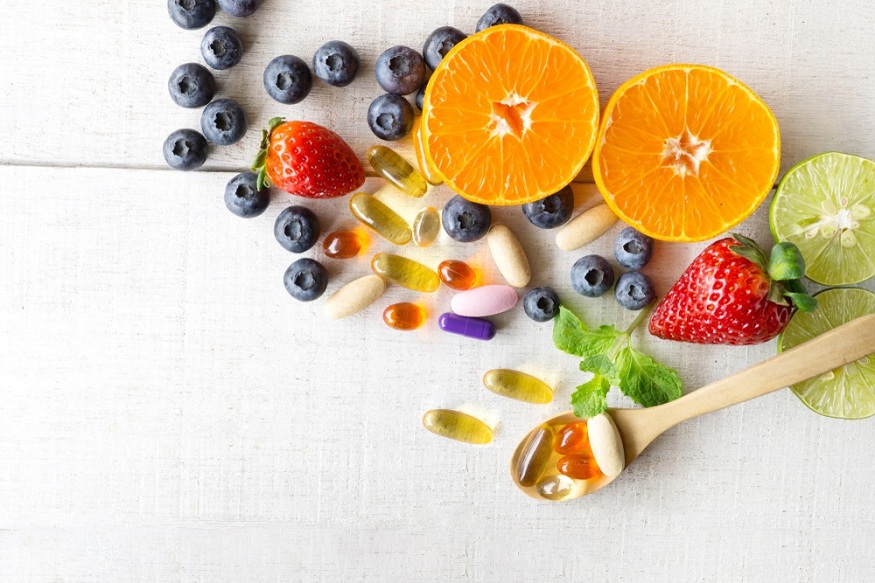Beta-alanine is one of the many non-essential amino acids in your body. Although proteins utilize the majority of amino acids as building blocks, the body also uses beta-alanine to generate other compounds. There is no requirement for dietary consumption of beta-alanine because the body is capable of producing it. However, supplementing it can go a long way in boosting your athletic performance. It can have an impact on muscle size and function, along with other substances like carnosine.
Beta-alanine is used to enhance physical performance in older persons and athletes. It might also be used for managing menopause symptoms, age-related muscle loss, and numerous other ailments. However, the majority of these uses still need strong scientific backing.
Having said that, before you start your beta-alanine dosage, there is still a great deal more you should know about it.
What is the work of beta-alanine?
To put it briefly, beta-alanine aids in the synthesis of carnosine, a chemical stored in muscles that enhances function. Muscle tissue contains large amounts of the chemical carnosine, which plays a crucial role in boosting muscle strength and lowering fatigue.
Studies on the effects of beta-alanine on athletes have revealed potential advantages for maintaining muscular strength and endurance, lowering muscle fatigue, and enhancing muscle strength during dynamic movements.
Research indicates that beta-alanine contributes to a longer time to exhaustion (TTE). Put otherwise, it facilitates prolonged periods of exercise. In a study of cyclists, the total amount of work accomplished increased by 13% after taking the supplements for four weeks and by an additional 3.2% after ten. Because of this, beta-alanine significantly improves performance during brief, high-intensity workouts that last a few minutes or less.
The fast-twitch muscle fibers utilized in anaerobic exercises, such as weightlifting and sprinting, are more likely to benefit from beta-alanine’s effects. Anaerobic exercises are intense but have shorter durations.
Beta-alanine supplementation is best for:
- Athletic accomplishments: Oral beta-alanine supplementation can enhance athletic performance. It may boost the amount of exercise or lead to a longer training time.
- The physical state of older persons: Oral beta-alanine supplementation enhances exercise capacity and postpones muscle fatigue in older persons.
Beta-alanine dosage
Adults should take 1.6–6.4 grams of beta-alanine orally every day for up to four months to realize the benefits of the supplement. Consulting a healthcare professional is vital to find out what dosage could be appropriate for a particular situation.
Safety and adverse reactions
Ingesting too much beta-alanine may result in beta-alanine itch, a strange sensation sometimes referred to as “tingling of the skin.” The face, neck, and backs of hands are the usual places it manifests. The larger the dosage, the more intense this sensation feels. Small amounts, or about 800 mg at a time, can prevent it. There isn’t any proof that paraesthesia poses any risks.
A decrease in taurine levels is another potential adverse consequence. This is because beta-alanine and taurine might compete for muscle uptake.
The sum up
Using beta-alanine as a supplement can safely and effectively increase workout performance. It improves performance by boosting exercise tolerance and reducing muscular soreness.



